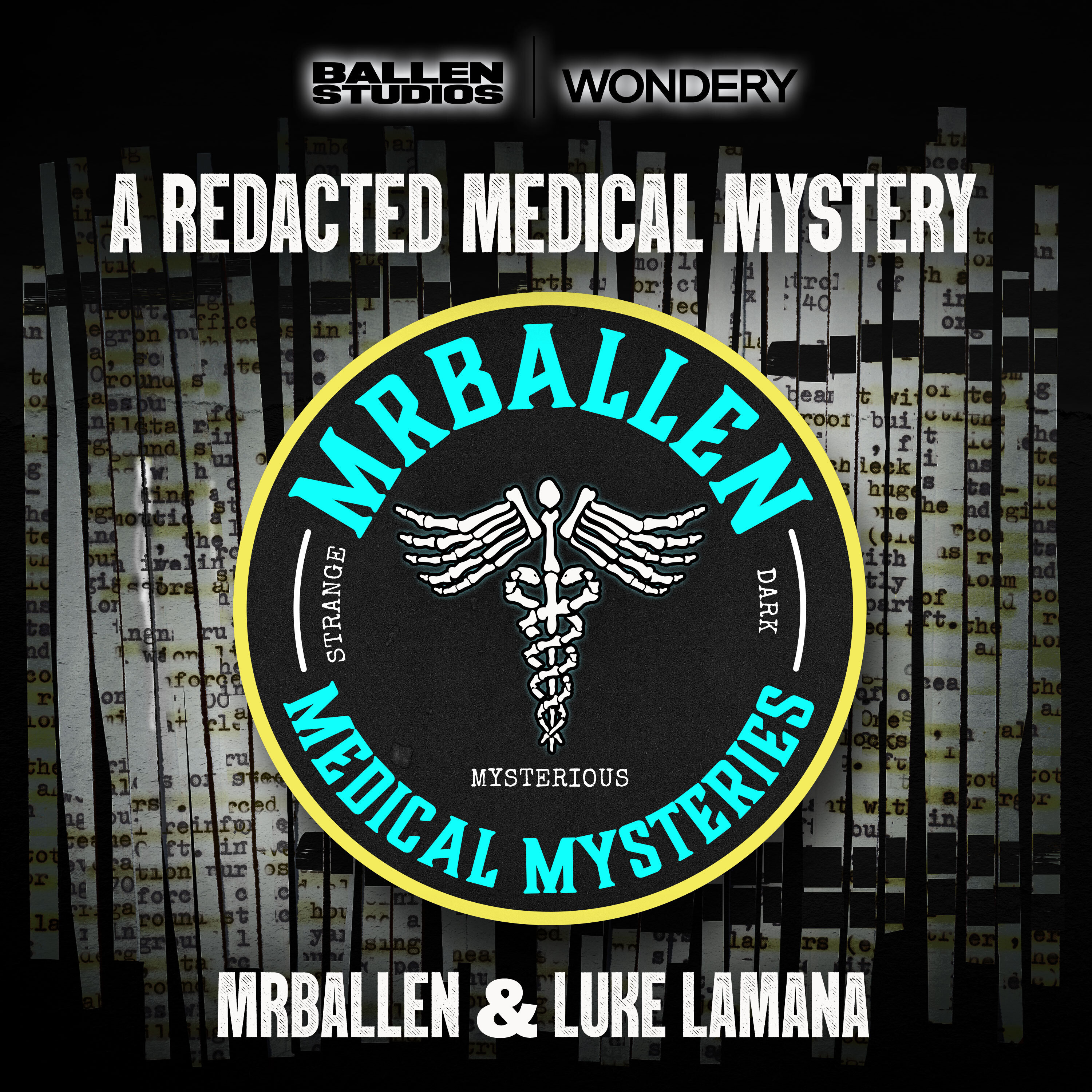The Briefcase Bomb That Could Have Ended World War II
Towards the end of WWII, a rogue group of German conspirators realized what they had to do to protect the future of their country: kill Adolf Hitler. But eliminating the Führer was easier said than done. Dud bombs, botched assassination attempts, and cruel twists of fate spared Hitler’s life again and again. In the end, fake news of his death set the gears of Operation Valkyrie into motion – to deadly results.
Be the first to know about Wondery’s newest podcasts, curated recommendations, and more! Sign up now at https://wondery.fm/wonderynewsletter
Follow Redacted: Declassified Mysteries with Luke Lamana on the Wondery App or wherever you get your podcasts. You can listen to new episodes early and ad-free on Wondery+. Join Wondery+ in the Wondery App, Apple Podcasts or Spotify. Start your free trial by visiting https://wondery.com/links/redacted/ now.
See Privacy Policy at https://art19.com/privacy and California Privacy Notice at https://art19.com/privacy#do-not-sell-my-info.
Press play and read along
Transcript
Transcript is processing—check back soon.

